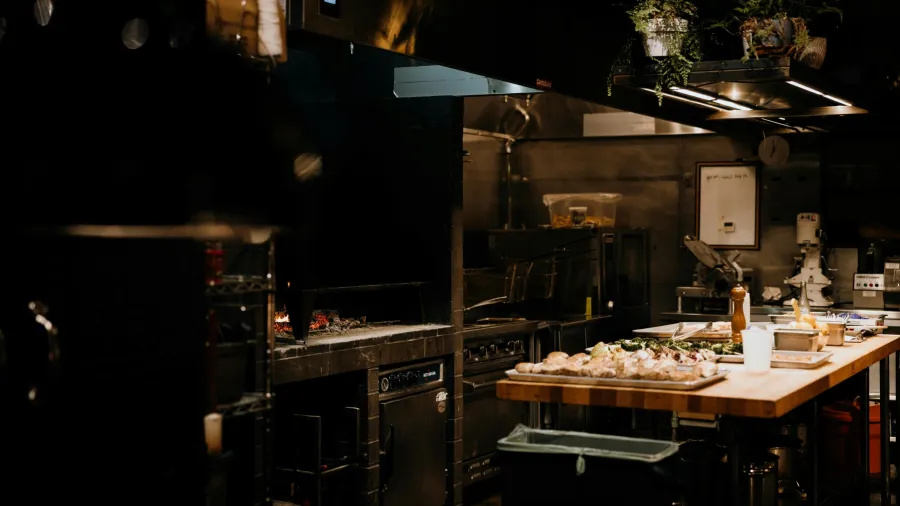
Business interruption is top risk for food and beverage industry
Four in 10 companies prioritise increasing liquidity in the next two years to prepare for future shocks.
About 48% of food and beverage companies identified business interruption as their biggest internal risk, according to WTW’s 2024 Global Food and Beverage Risk Outlook. Supply chain issues followed closely at 40%.
The report highlighted continuous disruption in the industry due to global instability, conflicts, climate change, and the cost-of-living crisis. In response, 41% of companies prioritise increasing liquidity over the next two years to buffer against future shocks. Other key goals include reducing costs (38%) and stabilising operations (35%).
The rapid shift in consumer preferences is another major concern, cited by 36% of companies. However, this shift also presents growth opportunities, particularly in sustainability and health and wellness. Over half of businesses (53%) view these areas as significant opportunities, with increasing interest in gut health, nutrition, and sustainable production over plant-based meat substitutes.
To build resilience, 47% of businesses review their continuity plans every six months, whilst 31% do so quarterly. Despite these efforts, over a quarter (29%) lack insurance coverage for business interruption due to extreme weather, a crucial factor for recovery.
ALSO READ: Companies embrace consumer-centric strategies for future growth
“Whilst our survey shows that businesses are taking steps to become more resilient in the face of these challenges, as part of the process it’s a good idea to reassess the critical issues in the business, areas of focus, how they can manage the key risks they face, and where they might need more protection,” said Simon Lusher, global food and beverage leader at WTW.
“That way, businesses are prepared for almost every outcome and operations can keep moving forward,” he noted.

















 Advertise
Advertise






